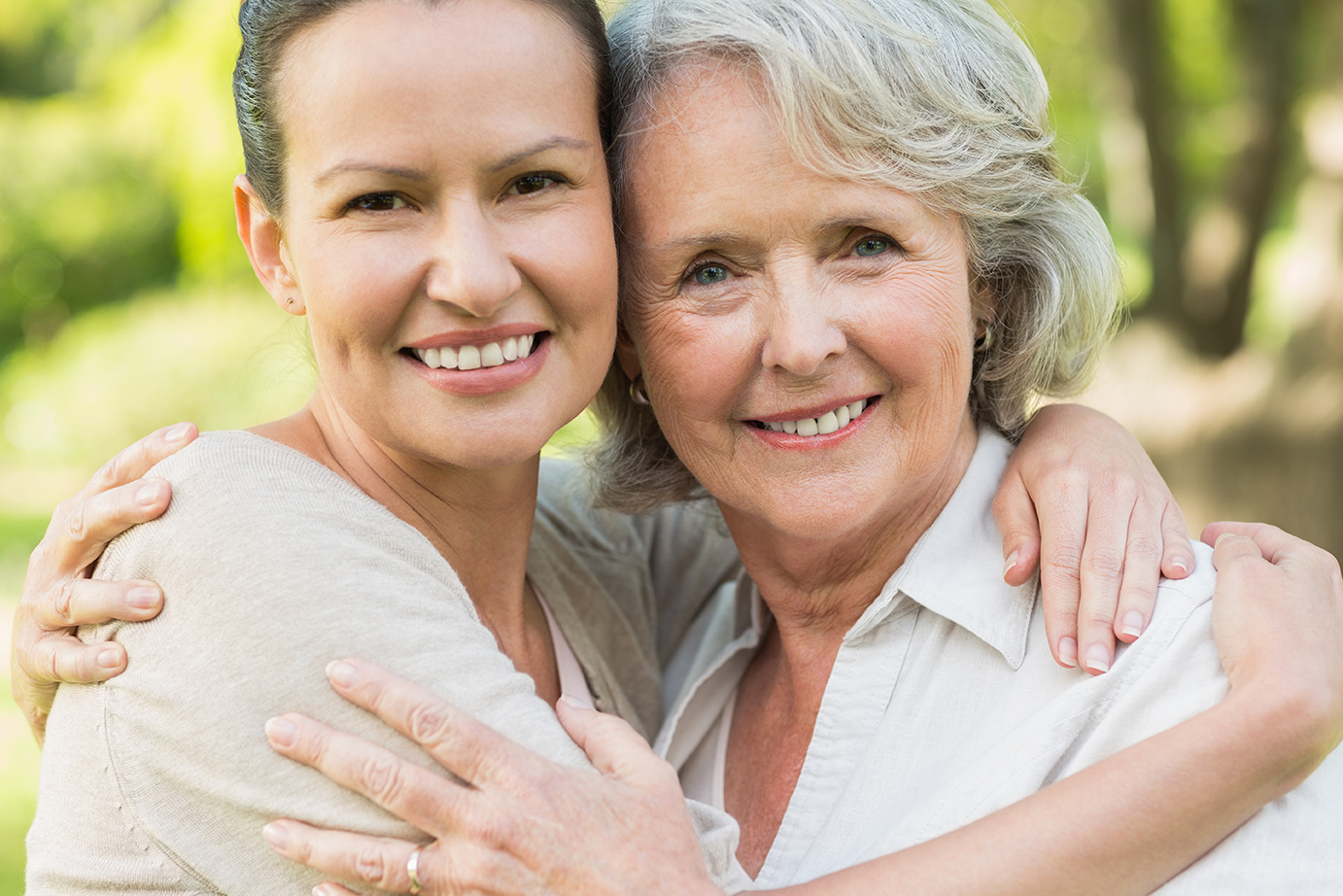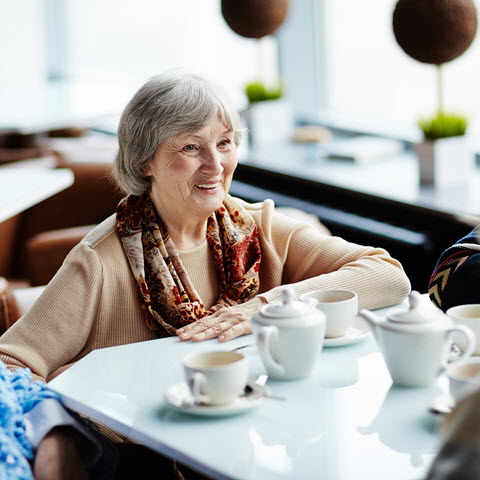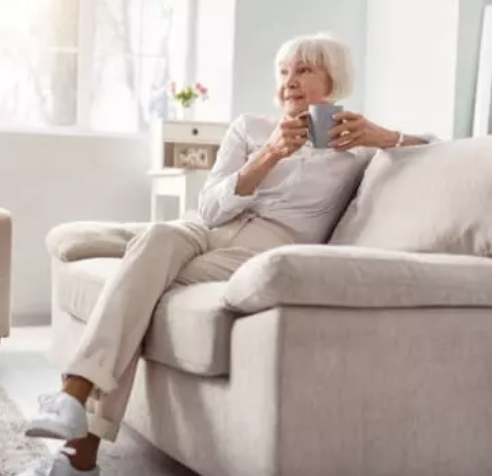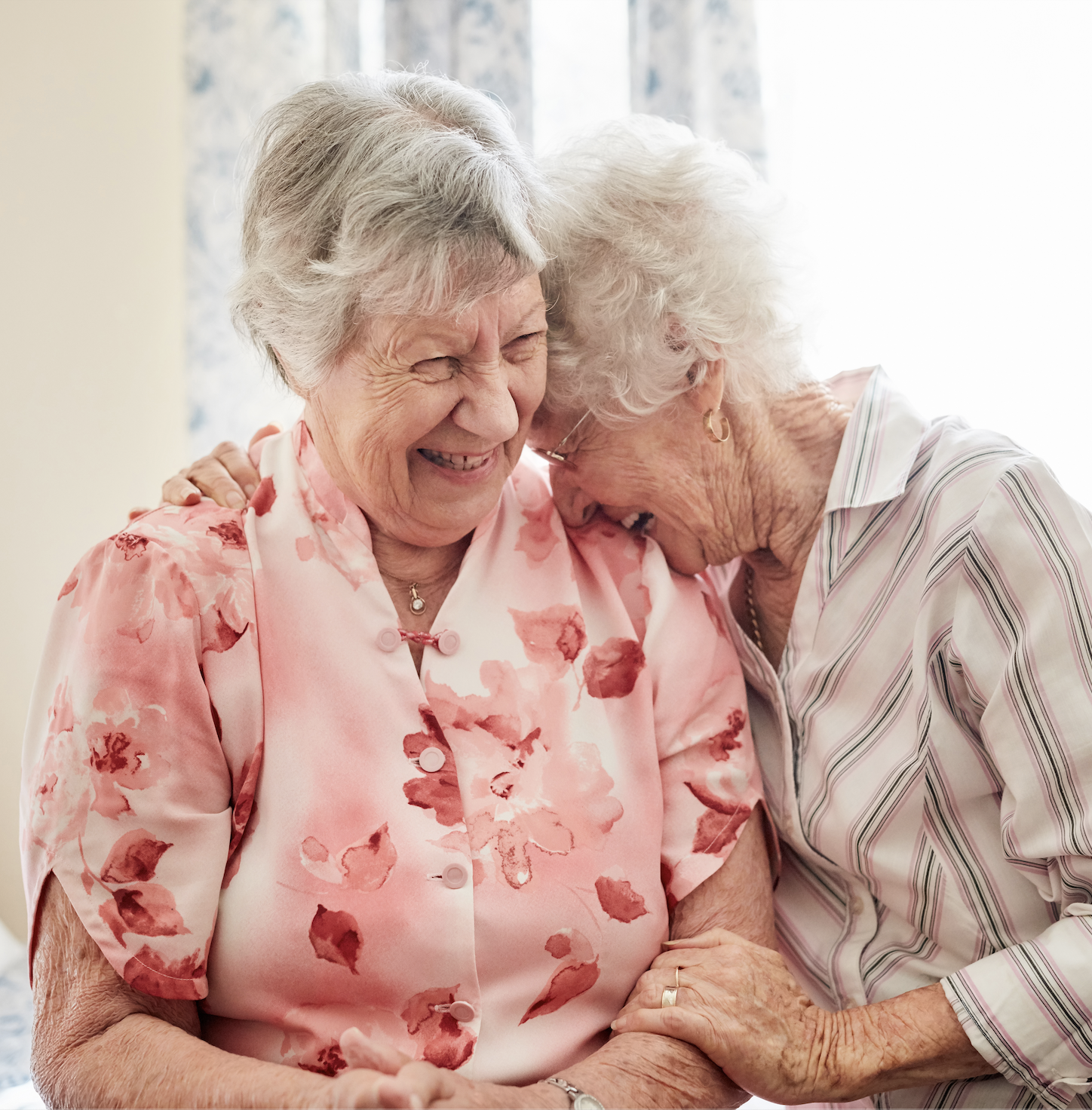
Falls among senior citizens can lead to serious injuries and a decline in overall health. While there are multiple risk factors for falls in older adults, one significant contributor is the use of certain medications. In this article, we will explore how specific medications can increase the risk of falls in the elderly and suggest strategies for minimizing this risk through effective medication management.
Understanding medications and fall risk:
Find YOUR ideal care home NOW!
-
Sedatives and hypnotics: Medications such as benzodiazepines and sleep aids can cause drowsiness, dizziness, and impaired coordination, increasing the likelihood of falls.
-
Antidepressants: Some antidepressants may have side effects like dizziness, especially when standing up, which can lead to falls, particularly in seniors.
-
Antipsychotic medications: These drugs are associated with a higher risk of falls, possibly due to their sedative effects and impact on balance.
-
Antihypertensives: Blood pressure-lowering medications can cause orthostatic hypotension, a sudden drop in blood pressure when standing, which can result in falls.
-
Opioid pain medications: Opioids can lead to drowsiness, dizziness, and poor balance, increasing the risk of falls, especially when taken at higher doses.
Strategies to reduce fall risk through medication management:
-
Medication review: Regular medication reviews with healthcare providers are essential for assessing the necessity of each medication. Reducing unnecessary drugs and minimizing dosages when possible can decrease the fall risk.
-
Deprescribing: In some cases, deprescribing or tapering off certain medications may be appropriate, especially if the risks outweigh the benefits.
-
Choosing safer alternatives: Healthcare providers should consider prescribing medications with fewer sedative or balance-impairing side effects when available.
-
Monitoring and adjusting dosages: For medications that are necessary, monitoring for side effects and adjusting dosages can help find the right balance between effective treatment and fall prevention.
-
Patient education: Seniors should be educated about the potential fall risks associated with their medications. They should also be encouraged to report any dizziness, drowsiness, or balance problems to their healthcare providers.
-
Exercise and physical therapy: Regular exercise and physical therapy can help seniors improve their balance, strength, and coordination, reducing their vulnerability to falls.
-
Home safety measures: Seniors and their caregivers should take steps to make the home environment safer, such as removing tripping hazards and installing handrails and grab bars.
| Strategy | Benefit |
|---|---|
| Regular Medication Reviews | Identifies high-risk drugs and allows for adjustments |
| Deprescribing Unnecessary Medications | Reduces exposure to side effects that increase fall risk |
| Choosing Safer Alternatives | Minimizes sedation and balance-related issues |
| Monitoring and Adjusting Dosages | Ensures the lowest effective dose is used |
| Encouraging Physical Activity | Improves strength and balance to counteract fall risks |
| Home Safety Modifications | Prevents environmental falls with grab bars, proper lighting, and hazard removal |
In conclusion, the risk of falls in senior citizens can be significantly influenced by the medications they take. Medications that cause drowsiness, dizziness, or impaired coordination can increase the likelihood of falls. Effective medication management, including regular reviews, deprescribing when appropriate, and monitoring for side effects, is crucial in reducing this risk. By working closely with healthcare providers, seniors can achieve a better balance between managing their health conditions and maintaining their safety and independence.
FAQ:
1. Why do certain medications increase the risk of falls?
Some medications cause dizziness, drowsiness, or impair coordination, leading to a higher likelihood of falling.
2. What can be done to minimize fall risk caused by medications?
Regular medication reviews, deprescribing unnecessary drugs, adjusting dosages, and switching to safer alternatives can help reduce risks.
3. Which medications are most commonly linked to falls in seniors?
Sedatives, antidepressants, antipsychotics, blood pressure medications, and opioids are among the most common drugs that increase fall risk.
4. How can seniors make their home safer to prevent falls?
Removing tripping hazards, installing grab bars, improving lighting, and using non-slip mats can significantly reduce fall risks.
5. Should seniors stop taking medications that increase fall risk?
Not necessarily. Any medication changes should be discussed with a healthcare provider to weigh the benefits and risks.
6. Can physical activity help reduce fall risks?
Yes, exercises that improve balance, coordination, and muscle strength can help counteract medication-related fall risks.
We are here to help you choose a care home or facility best suited to your needs. Do not hesitate to contact us on the following number: 0230 608 0055 or fill out this form.
<table border="1"> <thead> <tr> <th>Strategy</th> <th>Benefit</th> </tr> </thead> <tbody> <tr> <td>Regular Medication Reviews</td> <td>Identifies high-risk drugs and allows for adjustments</td> </tr> <tr> <td>Deprescribing Unnecessary Medications</td> <td>Reduces exposure to side effects that increase fall risk</td> </tr> <tr> <td>Choosing Safer Alternatives</td> <td>Minimizes sedation and balance-related issues</td> </tr> <tr> <td>Monitoring and Adjusting Dosages</td> <td>Ensures the lowest effective dose is used</td> </tr> <tr> <td>Encouraging Physical Activity</td> <td>Improves strength and balance to counteract fall risks</td> </tr> <tr> <td>Home Safety Modifications</td> <td>Prevents environmental falls with grab bars, proper lighting, and hazard removal</td> </tr> </tbody></table>
Do you need a care home for yourself or your loved one?
Share this article :
Latest posts
You are looking for an establishment for your loved one ?
Get availability & prices
Fill in this form and receive
all the essential information
We would like to inform you of the existence of the opposition list for telephone canvassing.




.jpg)






